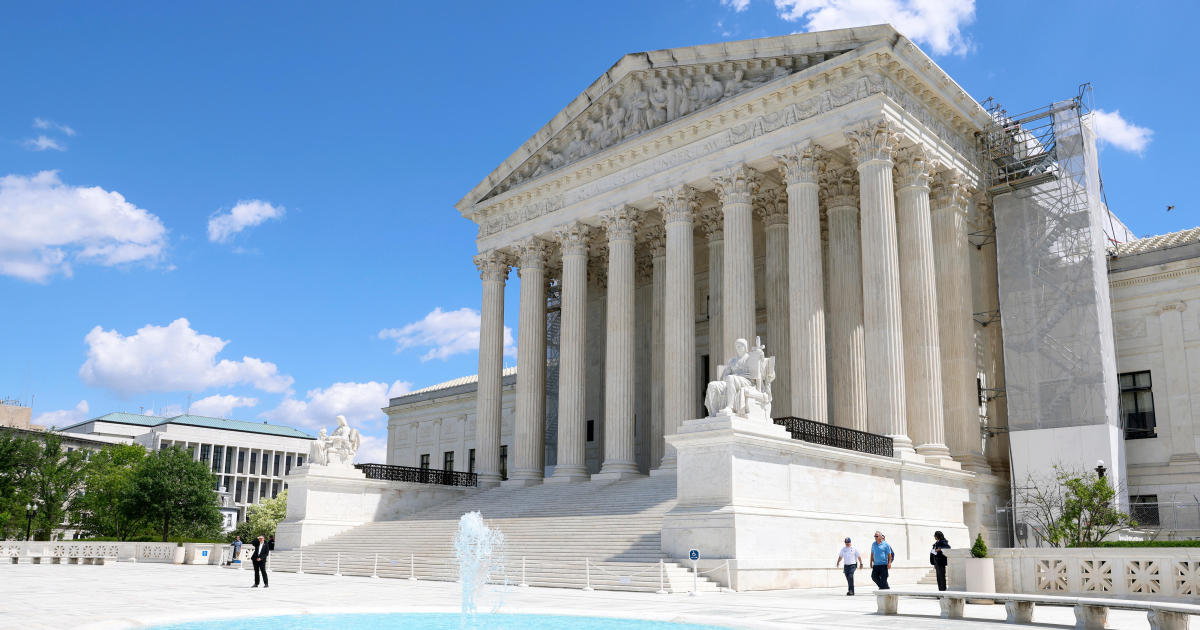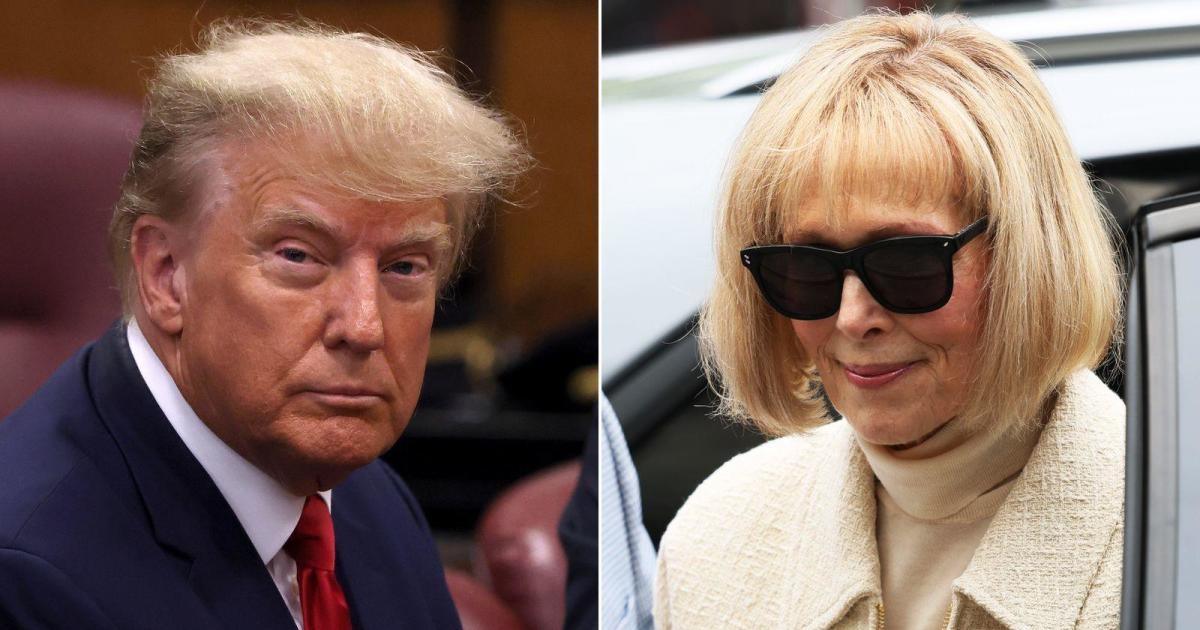What Trump might prescribe for Medicaid
As the next president begins to plan for America’s future health care needs, including the Medicaid safety net that catches and takes care of the poor, Donald Trump might be called the new kid on the “block.”
That sobriquet stems from the president-elect’s own published views on Medicaid. Instead of having the federal government support most of the costly program, Trump has said he would give the states a certain amount of money -- called a “block grant” based on population and poverty levels -- to let the states pay for their own medical needs.
That idea has been percolating in the Republican economic pot since President Ronald Reagan introduced it in the 1980s. In 2012, then Republican presidential candidate Mitt Romney -- considered by some to be the original author of the Affordable Care Act (ACA) when he introduced the concept as Massachusetts governor -- abandoned the idea of a national health care program and supported block grants instead.
In a 2016 bill that President Barrack Obama vetoed, the Republican House majority again tried to shift at least part of the Medicaid burden to the states. And now, the election of a Republican president, along with a Republican-controlled Congress, could prove to be the impetus for finally implementing the block grant idea.
But not without some serious opposition from Democrats, who can always filibuster the process. Even Trump himself has been nebulous about what he’s going to do, previously saying on the Dr. Oz show that he would provide Medicaid to people who couldn’t afford private health insurance. In his most recent announcement, Trump has even indicated “flexibility” on Obamacare.
While some states, particularly those that never accepted the ACA, look forward to block grants as a way to get more flexibility in controlling medical costs, others are fearful that it will simply place additional financial burdens on them -- and their poorer residents.
But with no details decided, it’s still speculation, and what happens depends on the size of the federal block grants to each state. A 2013 Congressional Budget Office assessment of several past budget proposals found it could lead to between $100 billion and $600 billion less in federal funding to the states over 10 years, or a decrease of almost 25 percent. Other more current estimates run as high as $1 trillion.
That may not be as bad as it sounds. “The fiscal benefit of [giving the states] increased autonomy likely overstates the exposure,” said Eric Kim, a public finance analyst with FitchRatings. He said states could react by narrowing eligibility for Medicaid, which would in turn divert more patients to self-pay. Hospitals couldn’t collect as much from these patients and might then have to lower their rates.
“Depending on the specifics of the program, states could lower their Medicaid costs with that flexibility,” said Kim.
But that would be saving money on the backs of the poor, argued New York University professor Richard Nathan, a former director of the Rockefeller Institute of Government.
“There are 18 states that won’t extend Medicaid, and if you give them a block grant, they will take that money and run,” he predicted. “Many of the people who will get hurt are children and people in nursing homes.”
Vice President Edwin Park of the Center on Budget and Policy Priorities (CBPP), which came into being at the same time as then President Reagan’s original block grant proposals, also sees the downside, particularly for seniors.
“The vast majority of people on Medicaid are families with children, but Medicaid spending is driven by seniors and people with disabilities,” he said. “Medicaid is now the primary funder of long-term care.”
Giving the states block grants is like tossing them a deflated football, according to the CBPP. Under the current system, the federal government picks up 57 percent to 60 percent of Medicaid costs, with the states absorbing the rest.
But even if that allotment stays the same under Trump, several things could erode it, such as a possible recession, another epidemic like HIV, increased medical costs for new treatments and pharmaceuticals, and changing demographics -- like aging baby boomers needing more care.
“Look at Puerto Rico,” said Park. “They have a fixed pot of money and actually only 15 percent to 20 percent is picked up by the federal government. And Puerto Rico is facing the Zika epidemic.”
So what Trump will want -- and actually get with a slim majority in Congress -- will be measured against the potential opposition of Democrats, child advocates, senior lobbying group AARP and organizations representing the 14 million people who may lose their coverage (or never be able to get it), according to the CBPP.
But the new president is likely to have strong allies in potential cabinet members Newt Gingrich, the former House Speaker who in 1994 announced his own block grant program, as well as Ben Carson, renowned surgeon and former presidential candidate, who supported Trump. Those who want to cut Obamacare, and nearly half the country does, may support block grants as a way to do it.



